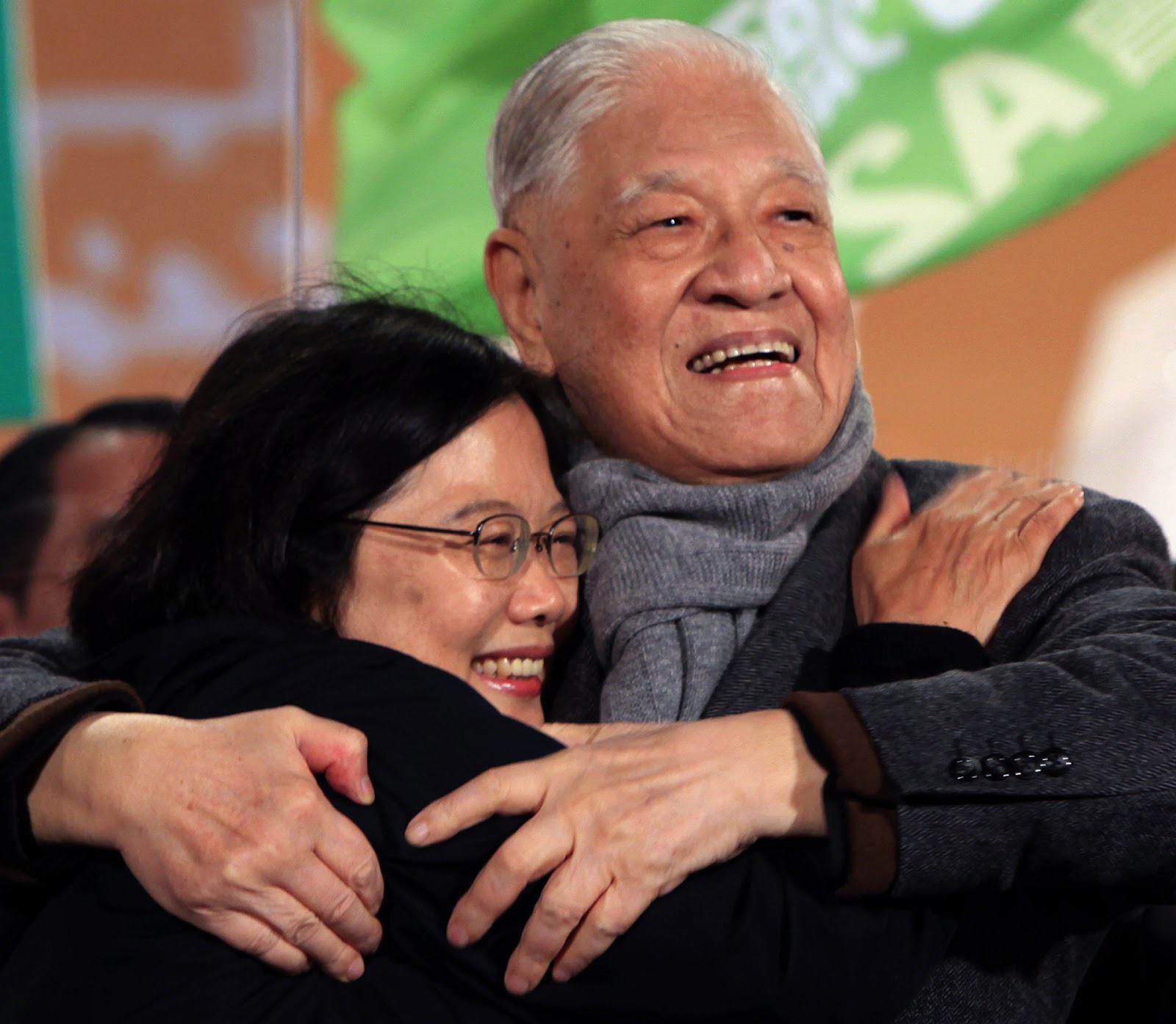Former Taiwanese president Lee Teng-hui dies at 97
Lee Teng-hui, Taiwan’s president from 1988 to 2000 who ushered the island from authoritarian rule to democracy and a sense of nationhood, died on July 30, 2020, at the age of 97.

Lee Teng-hui (李登輝 Lǐ Dēnghuī), Taiwan’s president from 1988 to 2000, died earlier today in Taipei at the age of 97.
The New York Times says he “dismantled the authoritarian regime that his Nationalist Party — which once governed mainland China — imposed on the island after World War II…paving the way to a vibrant multiparty democracy.” The Wall Street Journal calls him “Taiwan’s first native-born president [who] championed a sense of Taiwanese identity separate from mainland China.” The Guardian describes him as “Taiwan’s ‘father of democracy’ and its first popularly elected president.”
Quick facts:
- Born in a village near Taipei on January 15, 1923, when Taiwan was a Japanese colony.
- Became a second lieutenant in the Japanese Imperial Army from 1944 to 1945. After the war, he attended and graduated from Kyoto Imperial University.
- Joined the Chinese Communist Party and then quit twice, in 1946 and 1947, respectively.
- Studied and taught agricultural science/economics at National Taiwan University, Iowa State, and Cornell.
- Converted to Christianity in 1961.
- Joined the ruling KMT in 1971, and was soon made a cabinet minister without portfolio responsible for agriculture.
- Appointed mayor of Taipei in 1978, and vice president in 1984.
- Became president in 1988 after the death of his predecessor, Chiang Ching-kuo (蔣經國 Jiǎng Jīngguó).
- Organized Taiwan’s first democratic elections. In 1996, he became the first popularly elected president.
- Spoke up for Taiwan’s independence from P.R.C. control, if not always for formal independence.
- Has been described by Chinese state media as “the No. 1 scum in the nation.” Was today described by the Global Times as the “godfather of Taiwan secessionism [who should have been] punished for his treason.”






